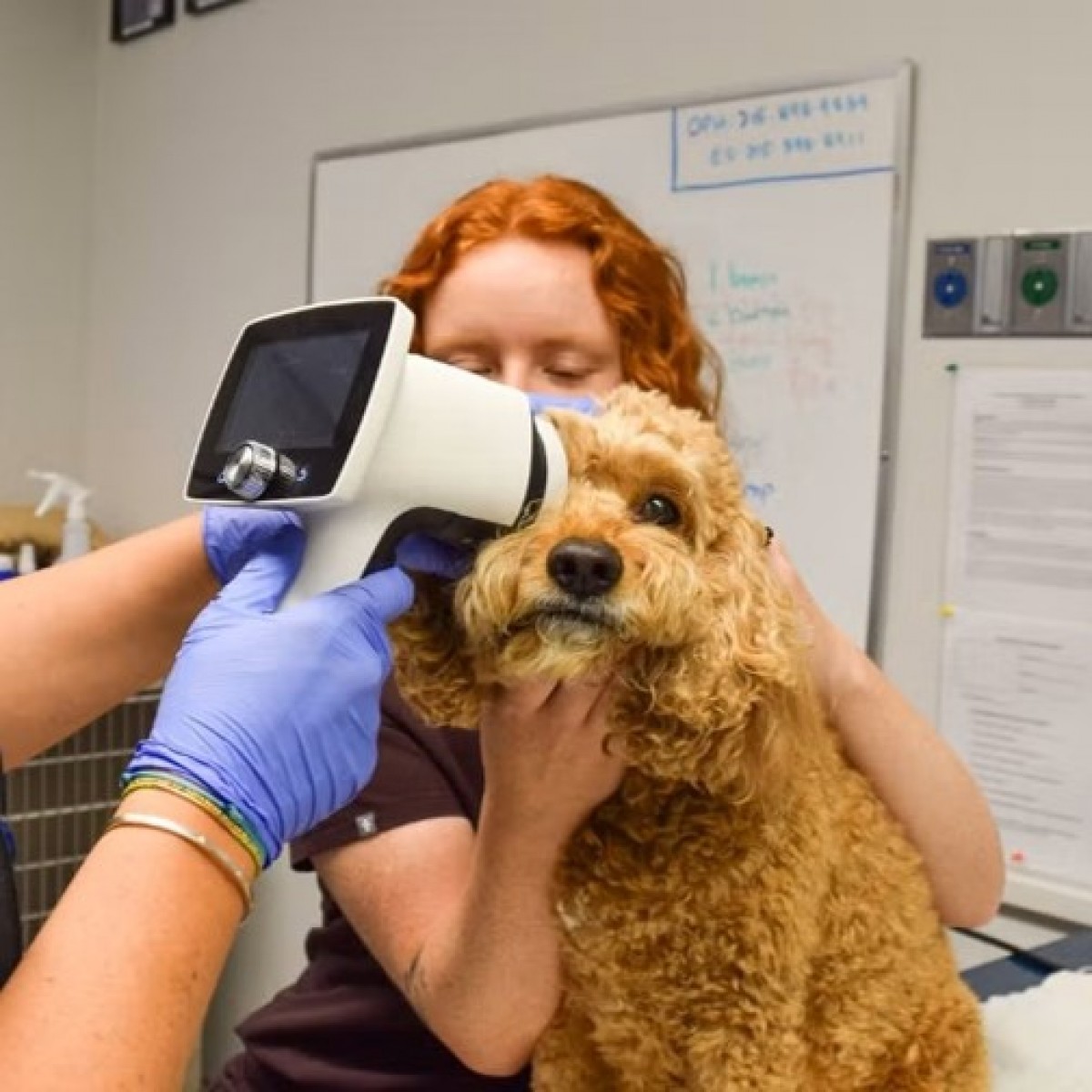Healthy Dog Importation Act of 2021
by Jenny Alonge
Eight million dogs are adopted as pets in the United States annually. U.S. dog breeders are unable to meet this demand, resulting in 1.245 million dogs being imported every year. Importing dogs from unregulated sources has resulted in dogs with non-native parasites and zoonotic diseases, such as rabies, viral infections, and brucellosis, coming into the country, where they are rehomed in the general public, endangering the health of other dogs, pets, and the humans who adopt them. In July 2021, the Healthy Dog Importation Act of 2021 was introduced in the U.S. House of Representatives, to help mitigate these issues.
The recent threat of zoonotic disease to public health
According to the United States Centers for Disease Control (CDC), zoonotic diseases (i.e., those that can be transmitted across species) account for 75 percent of emerging diseases. Humans have always lived in close proximity to animals, but certain factors have increased the human-animal interface in recent decades. These factors include intensified farming, unsustainable use of natural resources, and the trade of wild animals for use in traditional culinary and medicinal practices. Our experiences with recent pandemics, including coronavirus, Severe Acute Respiratory Syndrome, and H5N1 avian influenza, have made apparent the need for improved national surveillance systems to prevent the spread of zoonotic diseases.
In 2020, the coronavirus pandemic resulted in a surge of dog adoptions, as people staying at home sought companionship. Dog importations increased during this time, and the CDC discovered more than 450 dogs arriving in the United States with falsified or fraudulent rabies certificates. This was a 52 percent increase compared with the previous two years.
In June 2021, a dog who tested positive for a rabies variant that the United States had eliminated in 2007 was imported from Azerbaijan in a shipment with 33 other dogs and one cat. The dog had been adopted by a family in Chester County, Pennsylvania, and they noticed the dog acting strangely shortly after bringing them home. CDC testing proved that the dog was infected before arriving in the United States. The other animals in the shipment were sent to California, Illinois, Indiana, Michigan, New Jersey, New York, and Ohio, prompting a multi state public health investigation. At least 12 people were exposed to the highly transmissible disease. In July 2021, the CDC placed a temporary ban on imported dogs from approximately 100 countries at risk for rabies, including Azerbaijan, China, Russia, Vietnam, Brazil, and Colombia. The ban applies to all dogs, including puppies, service dogs, and emotional support dogs. The ban also applies to people visiting the United States with their dog, dogs being imported into the United States, and U.S. citizens returning home after traveling with their dog. The CDC’s ban will be reevaluated in a year, and exceptions may be made on a case by case basis.
Currently, the CDC and Animal Plant Health Inspection Service (APHIS) oversee canine importation. Only about one percent of imported dogs are screened for problematic diseases, such as rabies, influenza, hepatitis, and distemper. The current law is not sufficient to protect the public against serious health threats that could endanger not only our pets, but also our livestock and food supplies.
Bipartisan bill to protect pets and the public health
Three veterinarians were on the committee that sponsored the Healthy Dog Importation Act of 2021. U.S. Rep. Kurt Schrader (D) for Orgeon’s fifth congressional district, received his Doctor of Veterinary Medicine (DVM) degree from the University of Illinois in 1977. U.S. Rep. Ralph Abraham (R) for Louisiana’s fifth congressional district, received his DVM from Louisiana State University in 1980, and practiced veterinary medicine for 10 years. U.S. Rep. Ted Yoho (R) for Florida’s third congressional district, received his DVM from the University of Florida in 1987.
The Healthy Dog Importation Act of 2021 provides the United States Department of Agriculture (USDA) the ability to better screen and protect the health of dogs entering the country. This legislation would require imported dogs to have permanent identification, be in good health, and possess a health certificate issued by a licensed veterinarian accredited by a qualified USDA-sanctioned veterinary institution. The legislation will also help federal oversight by stipulating that all documentation and import permits be electronically shared between APHIS, CDC, and Customs and Border Control. This bill will ensure the U.S. federal government is responsibly screening the numerous dogs imported every year, to ensure minimal spread of infectious diseases.
While Americans should be able to import pets and breeding stock, and travel with their pets without excessive hassle, measures are needed to ensure that all dogs entering the United States are free from diseases that could potentially spread throughout the general population. The Healthy Dog Importation Act of 2021 puts in place requirements to protect the health and well-being of every dog in our nation, and the humans who care for them.














List
Add
Please enter a comment